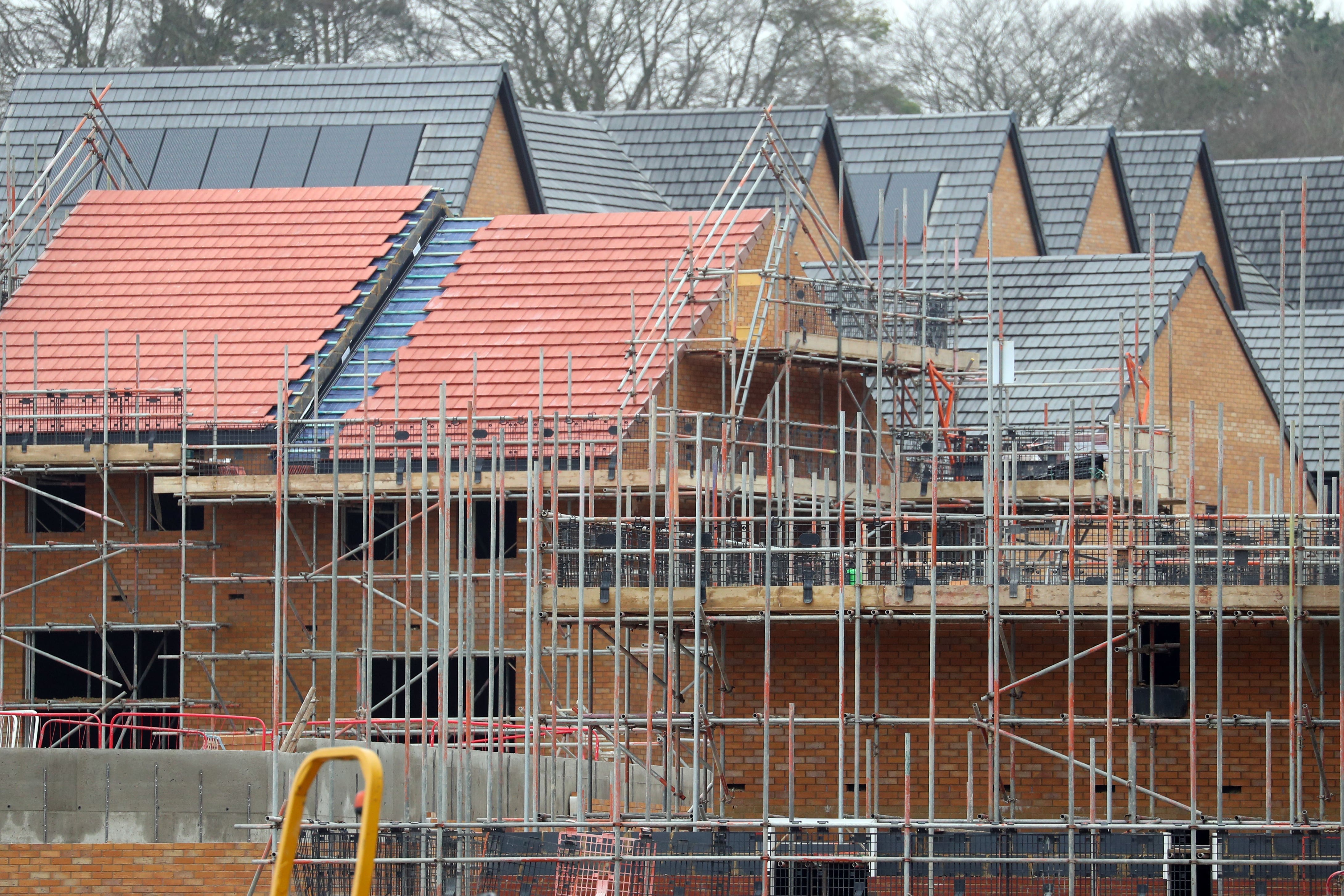Government fails to spend £2bn meant to tackle housing crisis
The sum includes £255 million meant to fund new affordable homes and £245 million intended to support improvements to building safety.

Almost £2 billion meant to help tackle Britain’s housing crisis is being handed back to the Treasury because it cannot be spent.
Figures released under the Freedom of Information Act show the Department for Levelling Up, Housing and Communities (DLUHC) was unable to find projects for the £1.9 billion of funding budgeted for 2022-23.
This includes £255 million meant to fund new affordable homes and £245 million intended to support improvements to building safety following the Grenfell Tower fire, according to the figures first published by the Guardian.
The total sum amounts to around a third of DLUHC’s housing budget, while just less than half of the extra £537 million given to the Building Safety Fund last year has been handed back to the Treasury.
The failure to spend the money is likely due in part to rising interest rates and uncertainty in the housing market making it difficult to find projects to fund, while lower-than-expected demand meant £1.2 billion earmarked for Help to Buy was handed back in the last year of the scheme’s operation.
Local government expert Jack Shaw, who uncovered the figures, said: “It’s clear that the Government is experiencing significant challenges investing in housing because of a perfect storm in market conditions.
“The Government’s decision to delay housing investment or withdraw it altogether as a result of lower than anticipated spending will, however, mean fewer homes are built.”
But problems within the department could also be a factor. Mr Shaw added: “There’s a question mark over whether the Government can do more to get investment out the door – and in the medium-term the Government should consider devolving the Affordable Homes Programme, which has already happened in London.”
If departments fail to spend money budgeted for a given year, they can “reprofile” the spending into future years, as DLUHC has done with another £363 million that was meant to be spent on affordable homes in 2022-23 but will now be spent in 2023-24.
But if the spending is delayed beyond the next spending review, which could come in 2024, it must be surrendered to the Treasury.
A DLUHC spokesperson said: “These are multi-year funding programmes that are being spent flexibly – meaning some money can be moved into future years depending on demand and the wider economic climate.”
Lisa Nandy, Labour’s shadow housing secretary, said: “This absolutely beggars belief. We are in the middle of an acute housing crisis, even the Housing Secretary says the system is ‘broken’, and yet the Government was unable to spend a third of its housing budget.
“The Tories have simply given up.”
The Government has said it remains committed to building 300,000 new homes a year, and just over 200,000 were finished in 2022, but campaigners fear a recent decision to scrap housing targets means the Government will struggle to keep its promise.
Bookmark popover
Removed from bookmarks